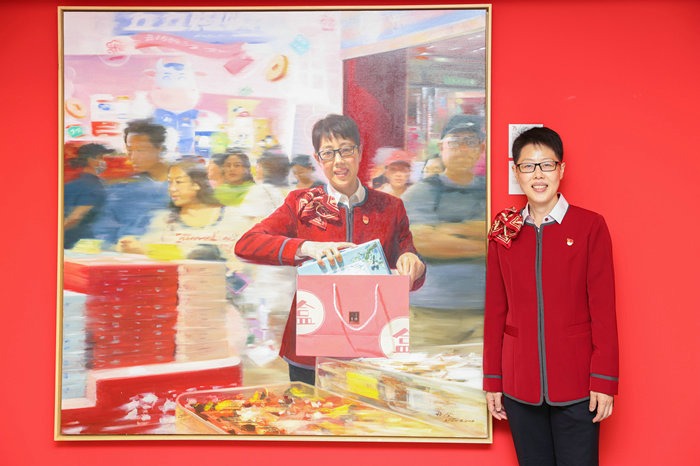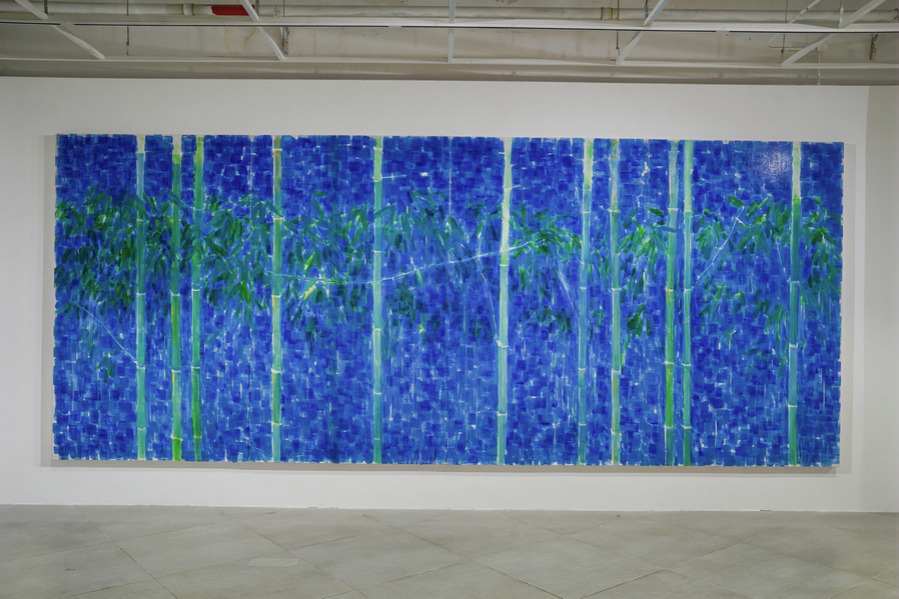A journey across boundaries


"Only through memories can different sides in a war try to understand each other. In comparison, forgetting can lead to antagonism, especially fabricated forgetting," he said.
"In Angola, we are indeed facing a kind of identity crisis, which is actually due to a lack of a good memory-keeping mechanism, which includes literature, history, newspapers, magazines, and libraries, because identity is about everyday voices that should be preserved, and when this mechanism is lacking, it will cause problems."
Agualusa sees the hope of solving this crisis in young Angolan people, many of whom have shown an interest in his latest book Vidas e Mortes de Abel Chivukuvuku (Lives and Deaths of Abel Chivukuvuku).
It is a biography of an Angolan revolutionary fighter who experiences trials and tribulations throughout his life. It explores themes such as identity, politics and the human experience in the context of Angola's history and society.
"In this biography, I wanted to explore the problem of identity more. To my surprise, it has been well-received in Angola, the best of all my books, especially among young people," he says.
"People under 30 account for 70 percent of the population in Angola. As more young people are curious about the country's history, it's hopeful," he says.
At the Shanghai Library East, Agualusa delivered a speech titled The Boundary of Narration, in which he talked about his pursuit of writing, that is, to fight boundaries.
One of the boundaries is the one between "I" and "the other", which he says can be crossed through reading and writing.
In his most translated novel, A General Theory of Oblivion, an agoraphobic Portuguese woman named Ludo (short for Ludovica), who moves to Angola with her sister, bricks herself up in her apartment in Luanda for 30 years. Over the decades, the only way for her to "leave" is by reading the collection of books in the apartment.
"Reading liberated her and allowed her to get close to others," Agualusa said in the speech.
He emphasized this observation in a dialogue with Sun, saying that when people asked whether he felt foreign being in another country, he said that he didn't, because he was with readers, who were reading the same books by great writers such as Argentine poet and writer Jorge Luis Borges, and Colombian Nobel laureate Gabriel Garcia Marquez.
"Reading the literature we love bridges our gaps," he said.
Through reading, people can stand in the shoes of others and feel their emotions, making the world a better place.





































